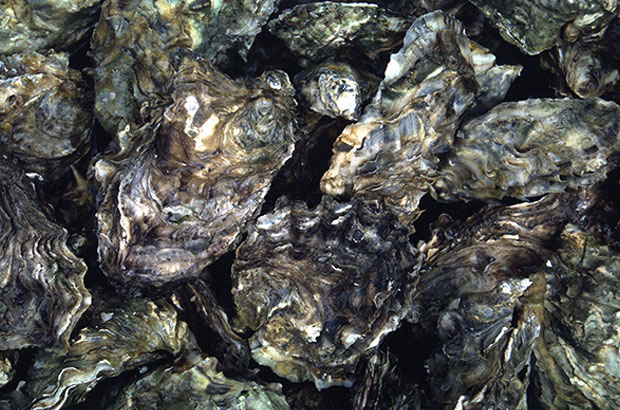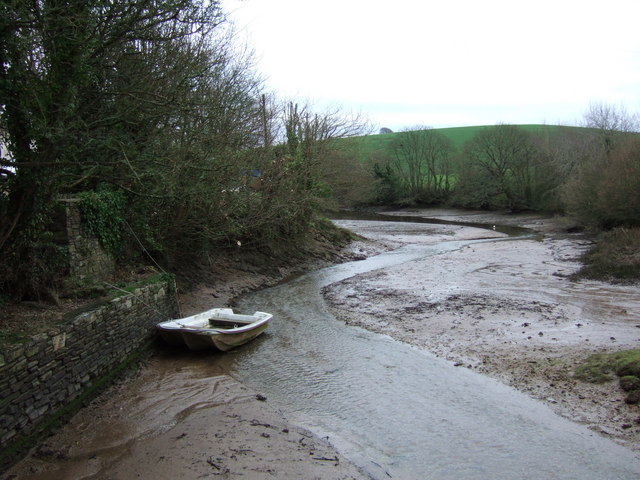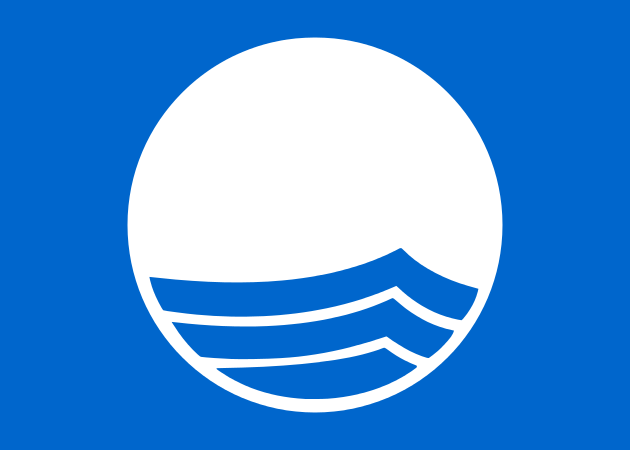The South Devon AONB Estuaries Steering Group meets twice a year and May’s meeting had a full agenda, partly because a number of issues had slowed up during the Covid months of last year.

One of the items which particularly affects Salcombe Harbour is pacific oysters. These huge molluscs are native to Asia and have been farmed in Japan for centuries. Because they are really adaptable, they have become the World’s most commercially important oyster variety, supplanting many others. Japan, China and France are big producers and it is probably from French farms that oysters have ‘escaped’ to find their way into several south coast UK harbours, where they have become an unwelcome invasive species.
The problem is that, uncontrolled by harvesting, pacific oysters can form huge sharp-spiked colonies on rocks and foreshore. In some places, of course, you can eat them, but for that to be possible, the water has to be of a high quality.
Alarmingly a colony of pacific oysters has firmly established itself in Collapit Creek – on top of a bed of dwarf seagrass, a

valuable species about which little is known and which used to be common but is now much less so. The obvious worry is that, if left unchecked, the pacific oysters could begin to over-run the foreshores around the Harbour. In Collapit it is possible to push the oysters below the surface of the mud, where they die, and perhaps the only other bit of light on the horizon is that the French are using pacific oyster shells as aggregate in concrete. That might open up a little earner for harbours wanting to rid themselves of these pests.
Another long-standing issue for the AONB steering group is water quality. This is an elusive subject which tends to slip through the fingers. Nobody seems able to say whether the water quality in the Harbour is better or worse than 10 years ago –  in spite of more monitoring and very significant investment by South West Water. But this is crucial if we want to get a Blue Flag back.
in spite of more monitoring and very significant investment by South West Water. But this is crucial if we want to get a Blue Flag back.
And, finally, there is growing anxiety about litter when the holiday season restarts. The restrictions on eating indoors mean that families resort to take-aways which come in boxes that overwhelm the rubbish bins. There is a campaign to persuade people to take their litter back to their hotel/B&B; but in the end, as everything has to be disposed of by the local authority, it might be simpler just to have regularly-emptied litter bins.
Comments are closed, but trackbacks and pingbacks are open.